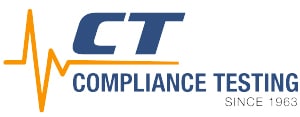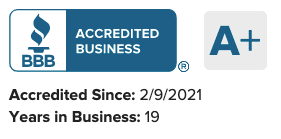Our Blog
FCC Testing & FCC Certification Services France
If you're located in France and need help achieving FCC certification for your device, we can help you. We regularly work with clients in France and can facilitate fast, convenient delivery of your device to our accredited testing lab. Click the "Talk to Our Team"...
FCC Testing & FCC Certification Services South Korea
If you're located in South Korea and need help achieving FCC certification for your device, we can help you. We regularly work with clients in South Korea and can facilitate fast, convenient delivery of your device to our accredited testing lab. Click the "Talk to Our...
FCC Testing & FCC Certification Services India
If you're located in India and need help achieving FCC certification for your device, we can help you. We regularly work with clients in India and can facilitate fast, convenient delivery of your device to our accredited testing lab. Click the "Talk to Our Team"...
FCC Testing & FCC Certification Services Taiwan
If you're located in Taiwan and need help achieving FCC certification for your device, we can help you. We regularly work with clients in Taiwan and can facilitate fast, convenient delivery of your device to our accredited testing lab. Click the "Talk to Our Team"...
FCC Testing & FCC Certification Services Germany
If you're located in Germany and need help achieving FCC certification for your device, we can help you. We regularly work with clients in Germany and can facilitate fast, convenient delivery of your device to our accredited testing lab. Click the "Talk to Our Team"...
FCC Testing & FCC Certification Services Canada
If you're located in Canada and need help achieving FCC certification for your device, we can help you. We regularly work with clients in Canada and can facilitate fast, convenient delivery of your device to our accredited testing lab. Click the "Talk to Our Team"...
FCC Testing & FCC Certification Services United Kingdom
If you're located in the United Kingdom and need help achieving FCC certification for your device, we can help you. We regularly work with clients in the UK and can facilitate fast, convenient delivery of your device to our accredited testing lab. Click the "Talk to...
FCC Testing & FCC Certification Services Australia
If you're located in Australia and need help achieving FCC certification for your device, we can help you. We regularly work with clients in Australia and can facilitate fast, convenient delivery of your device to our accredited testing lab. Click the "Talk to Our...
FCC Part 15 Devices: What Devices Fall Under Part 15?
Almost all electronic devices capable of emitting radio frequency (RF) energy are subject to the regulations of the Federal Communications Commission (FCC), including the Code of Federal Regulations, Title 47, Part 15 (commonly referred to as the FCC Part 15 rules)....
FCC Testing & Certification for Digi XBee® Devices
If you’re developing an electronic device that uses a module from Digi’s XBee ecosystem, you likely have questions about ensuring your device complies with FCC regulations, such as FCC Part 15. Digi’s XBee modules provide wireless connectivity using technologies such...



